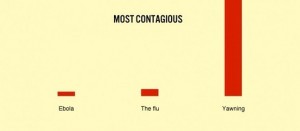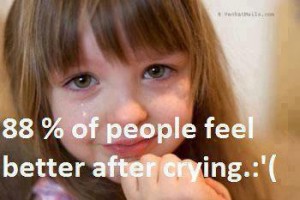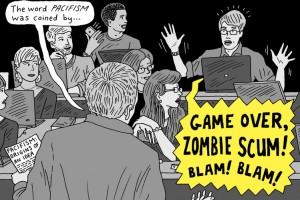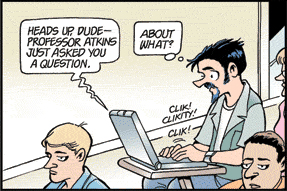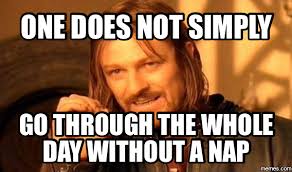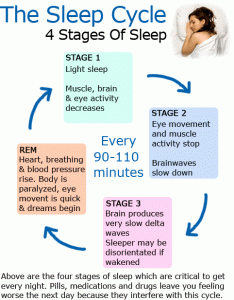I don’t know about you, but my foot always falls asleep. I even think it gets more sleep than I do. Growing up, I am sure at some point in your life you have experienced the numbness or pins and needles, and said the expression “my foot is asleep,” but what does that personification really mean?
The science behind a body part falling asleep is actually pretty simple. How Stuff Works explains the concept in a very understandable way. Basically, by putting too much pressure on one particular part of the body, such as a foot or an arm, you cut off all pressure from the brain. Therefore, signals cannot be sent to and fro, causing nerve impulses to get all messed up.
Did you know though, that this annoying sensation actually saves you? A 5 minute tingling in your foot will not kill you, but all of this pressure also cuts off pathways from the arteries, causing lack of nutrients . The burning tingling sensations actually save you, because if the “sleeping” was to go on for more than a few minutes, there could be serious nerve damage as a potential threat. 
The technical medical term for a limb falling asleep is “paresthesias.” If this is happening too frequently, there are probably medical concerns around it. A few minutes or even hours won’t cause dramatic harm, but days can cause permeant damage to the nerves. However, the only way this could possibly happen is if one is unaware of the tingling signals. For example, if a person is passed out or under the influence of drug and alcohol for too long of time, they are at risk for permanently cutting off all blood flow to their arm.
Not to scare any fellow college students, but according to this article, one drunk women passed out on both legs and waited too long to get treatment, and ended up losing both bottom calves. Another man, a got permanent nerve damage from passing out over a whole day from heroine.
So lesson learned here, the next time your foot falls asleep, instead of cursing the  word, be thankful that your body is warning yo and saving you from permanent damage.
word, be thankful that your body is warning yo and saving you from permanent damage.





